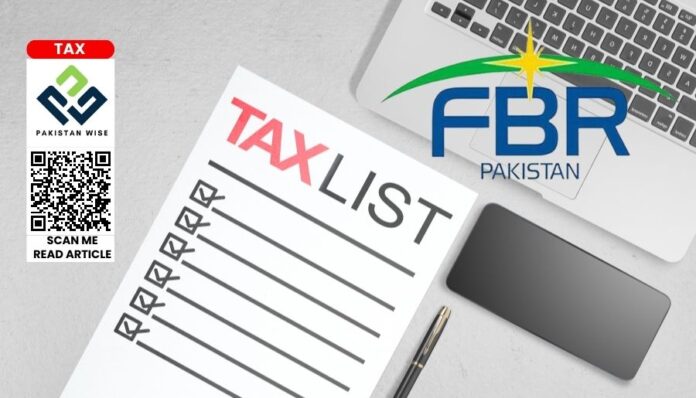FBR’s Strategic Move Boosts Export Industries
In a significant move to support export-oriented industries, the Federal Board of Revenue (FBR) has recently introduced key adjustments aimed at enhancing the manufacturing sectors of five vital export industries. This transformative decision holds particular importance for industries such as textiles, leather, carpets, surgical, and sports, which previously faced constraints due to a comprehensive list of 714 items, limiting their ability to claim tax breaks on essential materials.
Restructuring the Tax Landscape:
Historically, manufacturers in these industries encountered challenges in obtaining tax benefits for crucial materials required in their production processes. This hindrance stemmed from the negative list outlined in the sales tax general order (STGO) number 9 of 2023, restricting input tax adjustments.
However, the FBR, through a proactive decision enacted on a Monday, has strategically revised this negative list, excluding specific items categorized under the Pakistan Customs Tariff (PCT) headings from the purview of STGO 9 of 2023.
Implications for Leather and Sports Industries:
The removal of these crucial items from the negative list has far-reaching implications, especially for businesses operating in the leather and sports sectors. Manufacturers in these industries can now avail tax breaks for essential raw materials like tubes, pipes, and glass fibers, crucial components of their production processes.
This shift not only reduces the financial burden on these businesses but also fosters a more conducive environment for growth and innovation.
Prevailing Challenges Addressed:
Prior to this strategic modification, manufacturers in the aforementioned export sectors were constrained from seeking input tax adjustments on goods unrelated to their core business activities. The negative list embedded within STGO 9 of 2023 outlined these unrelated goods, creating financial obstacles for the growth of these vital industries. With the recent decision, the FBR has empowered itself to dynamically add, delete, or modify annexures, conditions, or benchmarks, paving the way for a more responsive approach to industry needs.
Government Authority and Industry Consultation:
The FBR’s decision-making authority to alter tax regulations is underscored by its ability to act based on recommendations from field formations overseeing the export-oriented sectors. This collaborative approach ensures that the amendments align with the industry’s specific needs, promoting a balanced and effective tax framework.
Impact of FBR’s Decision on Input Tax Adjustment
| Sector | Raw Materials Eligible for Input Tax Adjustment |
|---|---|
| Textile | As per original STGO 9 of 2023 |
| Leather | Tubes, pipes, glass fibers |
| Carpets | As per original STGO 9 of 2023 |
| Surgical | As per original STGO 9 of 2023 |
| Sports | Tubes, pipes, glass fibers |
Conclusion:
The recent tax reforms implemented by the FBR signify a positive shift in bolstering the growth of crucial export industries. By strategically revising the negative list and enabling manufacturers to claim tax benefits on essential materials, the government has taken a proactive step towards creating a more favorable business environment. This move not only addresses the challenges faced by industries such as textiles, leather, carpets, surgical, and sports but also sets the stage for sustained growth and competitiveness in the global market.

